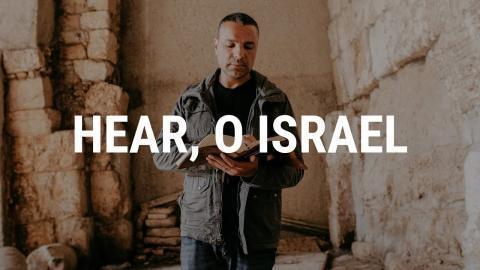Note: The slides for the previous version of lecture VII were out of sync. They are corrected here. Life at the individual and the societal level is punctuated by crisis and catastrophe. This stark truth finds its narrative representation in the widely-distributed universal motif of the flood. Mircea Eliade, the great Romanian historian of religion, noted that flood stories identify two reasons for the destruction: (1) the tendency of complex things to fall apart of their own accord; (2) the proclivity of human beings to speed up that process by sinning, or missing the mark (by engaging in self-evident corruption, or by failing to attend to what cries out for attention). The Genesis story clearly states that Noah and his family are to be spared from impending disaster because Noah “walks with God,” as Adam did before the Fall. In this lecture, the 7th in the series, I intermingle the story of Noah and his survival with elements of the Sermon on the Mount, making the effort to explain to a modern audience why careful moral attitude and behavior comprises the best defence against “the righteous anger of God.”
- Category
- Psychology / Theology










